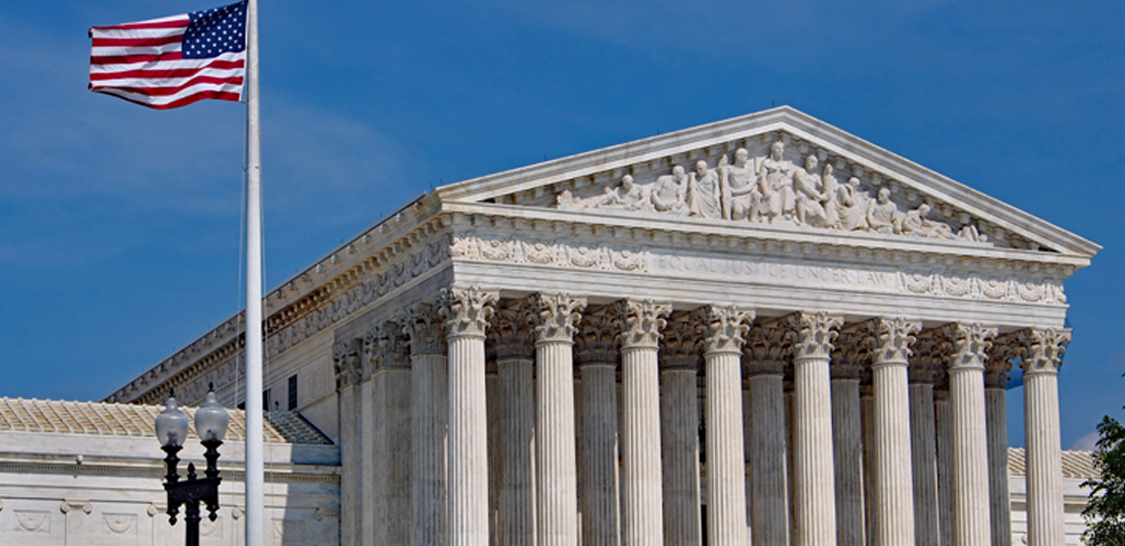June 21, 2021 is the third anniversary of the U.S. Supreme Court’s landmark South Dakota v. Wayfair ruling that upended the sales and use tax world. For decades, businesses only had to collect sales tax in a state if they had physical presence there, but since June 2018, states can require sales tax collection by businesses with only an economic presence. There have been many developments in the three years since Wayfair, so let’s recap some of the biggest and look at what’s next.
Every state with a sales tax has now passed an economic nexus law.
The Wayfair case allowed states to use an economic nexus test – measured by receipts or transactions – but many states still had to pass new laws providing for such a test. About 80 percent of states jumped on the bandwagon within a year, but the last few holdouts just passed laws in 2021. Florida and Kansas are implementing economic nexus effective July 1, 2021, and Missouri’s law will be effective January 1, 2023.
Every state has also passed a marketplace facilitator law.
Soon after states gained the ability to require remote sellers to collect their sales tax, they determined a more efficient route was to require marketplace facilitators (e.g. Amazon, eBay, Etsy) to collect and remit the tax on behalf of the sellers on their platforms. Sellers only using a marketplace may not have any sales tax obligations, but sellers using other channels (personal website, brick-and-mortar, etc.) must carefully coordinate sales tax responsibilities with those handled by the marketplace.
Economic nexus thresholds are subject to change.
In the Wayfair case, South Dakota subjected businesses to sales tax collection obligations if in the previous or current calendar year it had more than $100,000 of sales into the state or at least 200 separate sales transactions into the state. Many states are using those thresholds, but some have set different thresholds and are making changes to existing thresholds. For instance, Wisconsin originally had the $100,000 in sales/200 transactions threshold, but earlier this year dropped the 200-transaction requirement after it recognized that this threshold captures many businesses for which the collection and remittance burden exceeds the benefit to the state. On the other hand, Tennessee lowered its threshold in October 2020 from $500,000 to $100,000. Against this backdrop of changing thresholds, businesses must track activity from two perspectives: their own sale/transaction levels and state regulatory changes.
Physical presence nexus remains an issue.
Although the U.S. Supreme Court allowed states to implement economic nexus, they did not eliminate the long-standing rule that physical presence, of just about any type and for just about any duration, can create nexus and a sales tax collection requirement in a state. Especially as remote work across state lines increases, businesses need to remain diligent about monitoring their physical presence, as this might create sales tax compliance obligations in states in which they do not hit the economic nexus thresholds.
Increased audit activity is on the horizon.
With up to three years of economic nexus laws in place, it is becoming more lucrative for states to pursue noncompliant mid-market and small businesses as the years of exposure grow. We expect to see the relative trickle of audits on this issue turn into a steady flow as time goes on. Noncompliant businesses do not need to wait for an economic nexus audit; they can manage their exposure by coming forward through a voluntary disclosure to one or more states.
Unresolved questions and additional considerations
Beyond these developments, additional considerations stemming from the Wayfair decision remain, such as:
- Can a business exclude some sales from a state’s measurement in order to stay under the threshold?
- How soon after crossing a threshold must a business begin collecting sales tax?
- What solutions are available to automate these new compliance burdens?
- What liabilities need to be booked or disclosed in financial statements by a noncompliant business?
- How do these new laws affect foreign inbound sellers?
- How are economic nexus laws being implemented for income, franchise and gross receipts taxes?
RKL’s state and local tax team helps businesses navigate this still-unfolding tax landscape, mitigate exposure caused by noncompliance and implement processes to ensure future compliance. Let’s put this experience to work for your organization – contact your RKL advisor or use the form below to get started.




